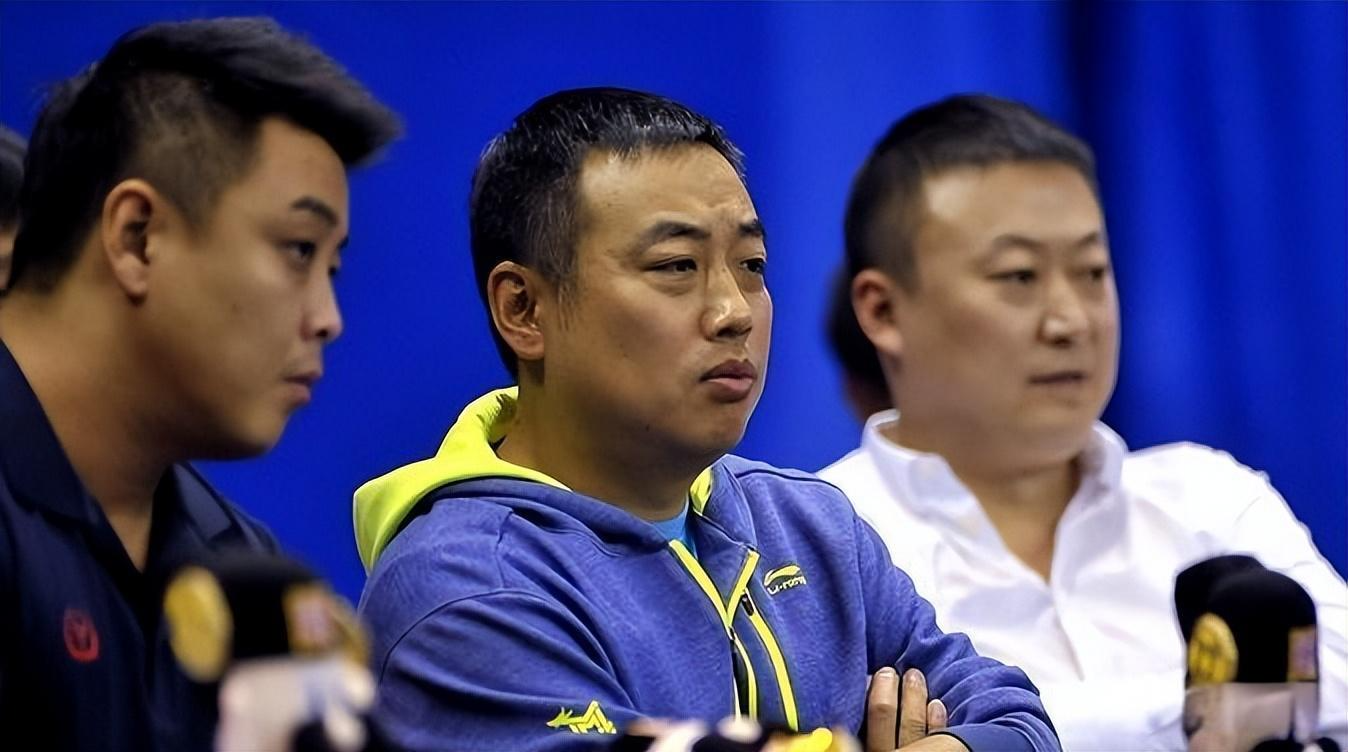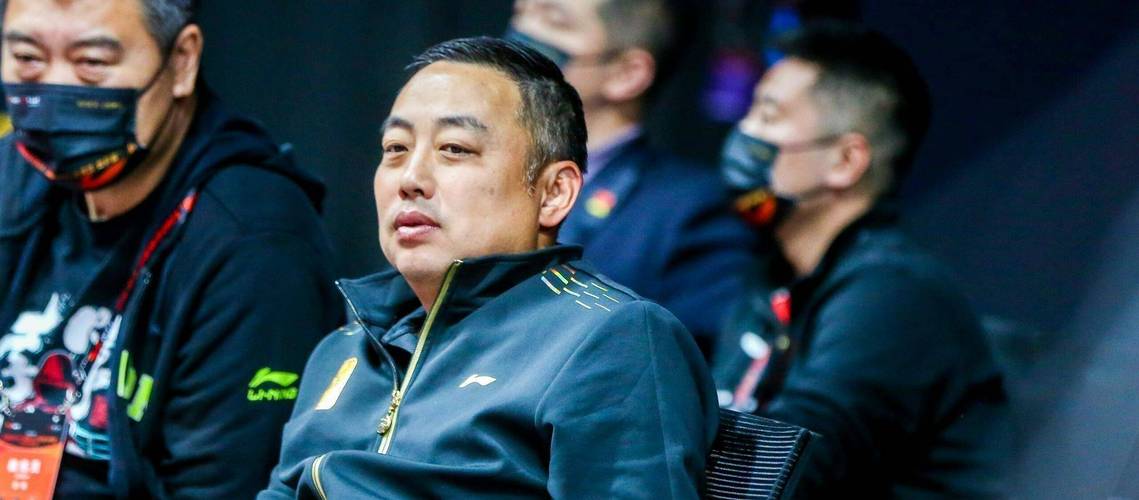Recently, the focus of China's sports world has once again turned to Liu Guoliang. This individual, once hailed as a hero in Chinese table tennis, is now criticized by well-known media personality He Xiaolong as being more destructive than controversial figures in the football world such as Li Tie and former chairmen of the Football Association. With the release of He Xiaolong's lengthy article, public opinion has been stirred up, causing people to ponder: what exactly is the "dark side" behind Liu Guoliang? Does he really possess such immense destructive power as He Xiaolong claims?
I. Comparison of Power Scope: Liu Guoliang's "Dominant" Position

The primary reason He Xiaolong presents is the difference in power. Although the successive chairmen of the Football Association have the responsibility of managing Chinese football, their power is relatively limited. Their main focus is on national team affairs, and their control over the national team is also relatively weak.
In contrast, Liu Guoliang wields great power in the field of table tennis. Taking the selection of national team players as an example, when the Football Association selects national team players, the process is complex, with various opinions balancing each other. However, in the selection of the table tennis national team, Liu Guoliang has tremendous authority. In a critical event, there was hardly any dissenting voice from the outside; everything was executed according to his decision, making collective decision-making almost non-existent.

II. Transparency Comparison: From the Table Tennis Super League to WTT Events
Although the football circle has been widely criticized, there is still some guarantee of transparency in decision-making. When the head of the Football Association makes an unreasonable decision, clubs will stand up in opposition based on their own interests. For instance, a league format reform proposal by a former chairman was vehemently resisted by multiple clubs due to its severe damage to their interests, ultimately forcing the plan to be readjusted.

However, under Liu Guoliang's management, the table tennis field suffers from a severe lack of transparency. The most obvious example is the compression of the Table Tennis Super League. This decision not only affected the economic interests of the clubs but also led to the decline of the league, yet no institution or individual came forward to question this decision. The one-way nature and lack of transparency in this decision-making process compel us to suspect whether enough stakeholders were overlooked, especially as the voices of the clubs seem to have been completely suppressed.
III. Comparison of Industrial Chain Impact: The Game of Interests Behind WTT Events

It is true that the football circle does have issues such as interest exchange and match manipulation, but these are not intentional actions by any single chairman of the Football Association; they are problems that have long existed within the entire football environment.
He Xiaolong mentions that in order to cater to fan culture and commercial needs, Liu Guoliang has gradually made the national team "serve the events," especially in the arrangement of WTT events. Players frequently participate in these commercially oriented competitions, seriously affecting their normal training schedules and competitive states. The hidden chain of commercial interests behind WTT events leads to overly dense scheduling for the athletes, which not only affects their current state but could potentially harm their long-term development. The withdrawal of Fan Zhendong and Chen Meng from events is a sign of this brewing problem.
Conclusion: The Future of Sports Management Requires Caution Against the Hidden Dangers of Overcentralized Power
He Xiaolong's sharp words prompt us to deeply reflect on the management model of the table tennis world. If Liu Guoliang truly has problems such as excessive concentration of power, lack of transparency in decision-making, and unreasonable industrial chain operations, it would undoubtedly pose a significant threat to the future development of Chinese table tennis. We can't help but ask: how should managers of sports projects exercise their power reasonably? How can we establish a transparent and fair decision-making mechanism? Must we wait until problems become as serious as those in the football world before taking action to rectify them?